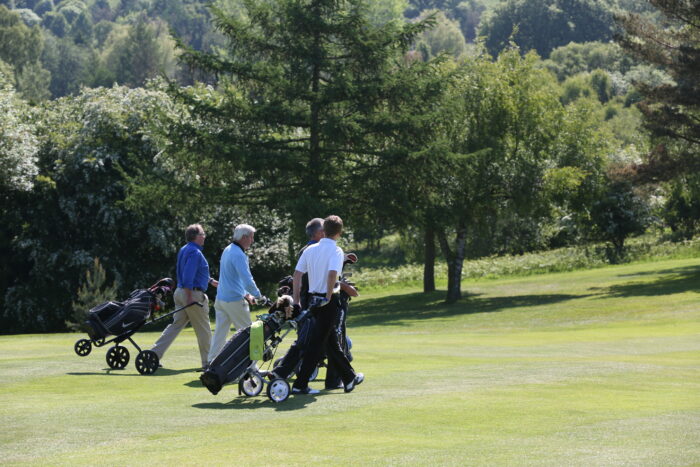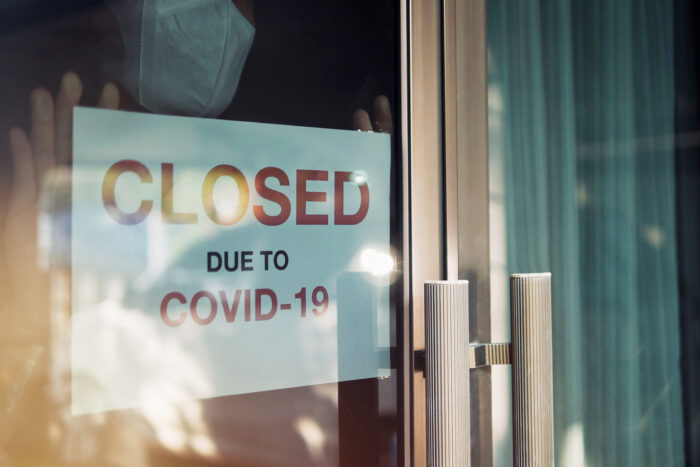Here’s three golf industry trends that took place in October
October was a month of contradictions: On the one hand there’s even more evidence that golf is the sport to play during a pandemic, on the other several venues have been forced to close due to a pandemic.
Buyers’ interest in golf clubs remains strong
We saw a surge in sales of UK golf clubs during the participation boom this summer, peaking at a rate of about one a day in early July.

Like the demand to play the game, this remained strong even after the summer ended. In recent weeks we’ve seen the purchase of Merrist Wood Golf Club in Surrey – the seventh golf club Crown Golf has sold this year – and The Herefordshire by local businessmen, plus Golf World Stansted in Essex, while Swinton Park Golf and Country Club in Salford closed amid reports that a group of golfers want to buy it.
The industry’s attitude to lockdown has changed
Back in March there was very little opposition within the industry to the enforced closure of golf clubs. That is not the case this autumn, a period that has seen all golf clubs in the Republic of Ireland and Wales close, and many others in the UK have had restrictions placed on them, such as the temporary closure of clubhouses.

Managers and golfers have expressed anger that golf – a sport that has seen a participation boom during the pandemic for good reasons – has been included in ‘firebreak’ lockdowns. As one put it: “We have had all our risk assessments done. We have all the signage up, we’ve installed new hand sanitisers around the course. The tee times have all been spaced out. We’ve invested so golfers don’t have to touch the flags. All the rakes are out of the bunkers. I don’t know what else we can do.”
Golf is being seen as the sport of 2020
Almost every day now there’s new evidence of how beneficial golf is, particularly during a pandemic.
In recent days we’ve had an international research study find evidence that golf provides improved muscle strength and balance in elderly participants, a poll of golfers across three countries found that the surge in new members this summer was driven by a desire for wellbeing, a psychologist and neuroscientist said that golf has the potential to ‘cement its place as the go-to leisure activity in a post-pandemic world’ and a study has found that golf courses offer major benefits to their local environment.

It’s led Craig Tracey MP to say: “This will go a long way to further the argument for golf to be available through the NHS to reduce healthcare costs long term, and promote longevity in the UK’s population.”















That message has been falling on deaf ears – especially municipally-owned courses. Why can ordinary parks cost the communities millions, but their municipally-owned golf course needs to profit?